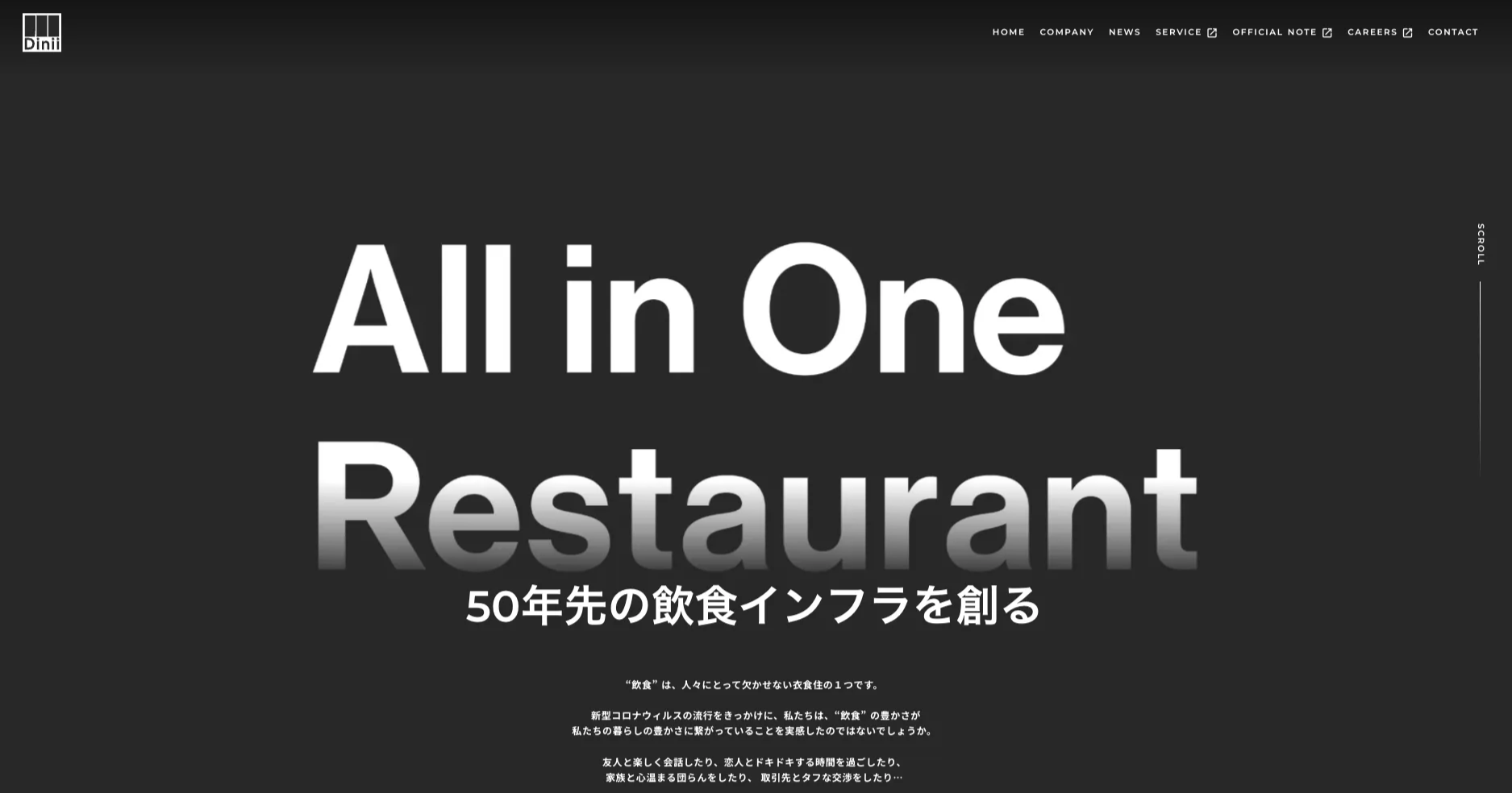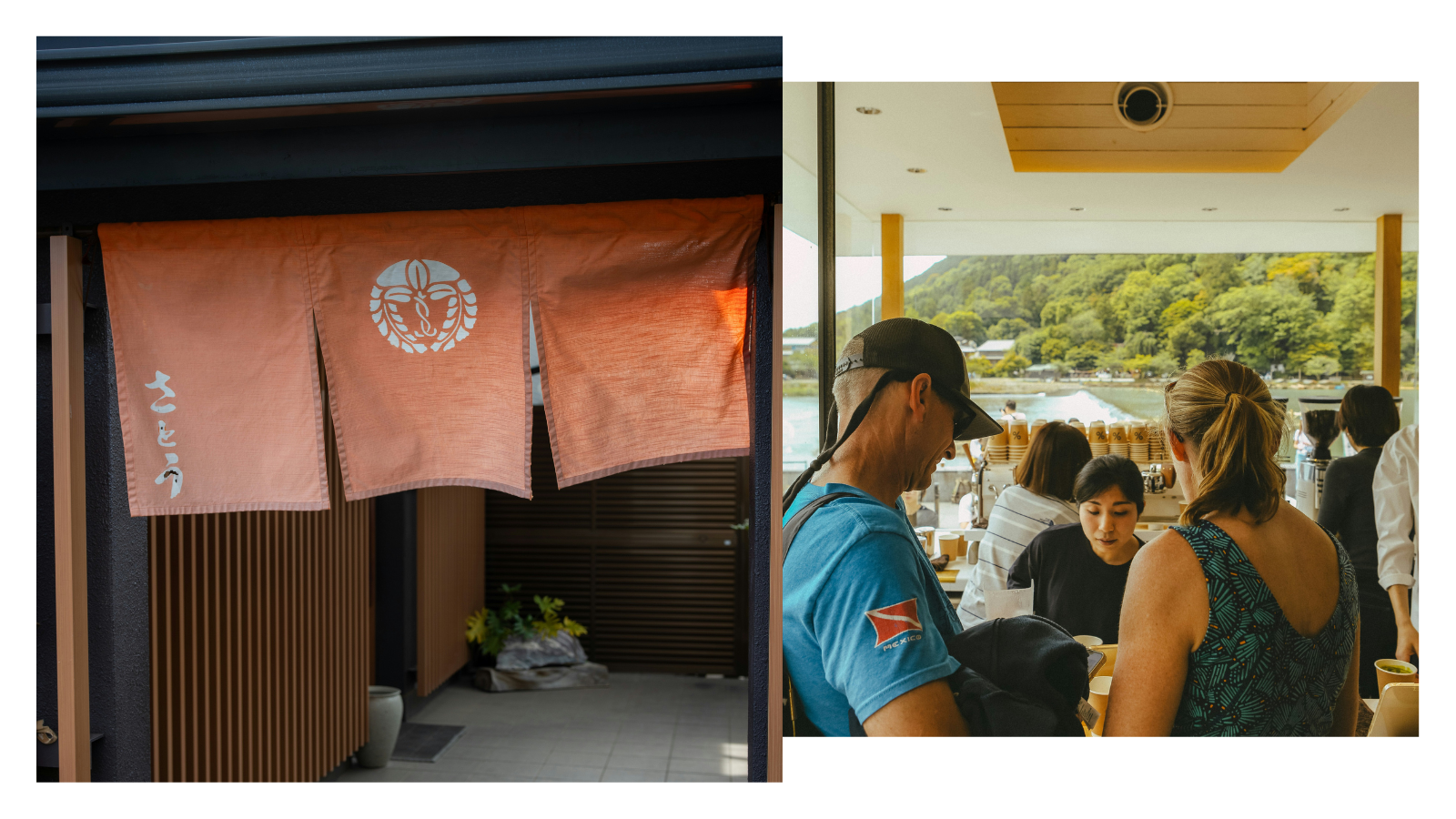Stay updated with the latest news, exclusive insights, and more.
.png)
Japan’s food service market is undergoing a transformation.
Consumers are increasingly seeking healthy and personalized dining experiences, and a new generation of fast casual restaurants and restaurant tech startups is emerging to meet that demand. From customizable salads to mobile ordering systems, innovation is reshaping how people eat and how restaurants operate.
Fast casual is a restaurant style between fast food and family style dining. It has become popular in countries like the U.S. and South Korea, and is now starting to grow in Japan’s restaurant industry. Fast casual offers higher quality foods, more options to customize meals, and often uses digital tools like self ordering systems. Since 2016, global brands like Shake Shack and UMAMI BURGER have entered the market, the concept is expanding in Japan to include salad bars, taco shops, and grain bowl restaurants, all offering quick but healthy meals that fit modern lifestyles.
Crisp Salad Works was one of the first fast casual brands to start in Japan. Founded in 2014 by Hiroshi Miyano, the brand set out to bring a new kind of dining experience, combining fresh, customizable meals with tech driven operations. Inspired by salad bars in the U.S., Crisp offers freshly prepared salads with 20 toppings and house made dressings, all prepared in front of the customer in an open kitchen.
What makes Crisp stand out is its identity as a technology company that happens to serve food. Rather than relying on third-party solutions, Crisp develops software for order management, staff scheduling, and customer engagement. They also publish internal KPIs and company shares on their blog. This unique approach has helped Crisp earn a loyal following among health conscious, urban professionals in Tokyo, and define what fast casual can look like in Japan.
Another example of Japan’s take on fast casual is UMAMI BURGER. Originally launched in Los Angeles in 2009, the brand became known for its rich, savory burgers made with high quality ingredients. In 2017, the brand came to Japan through a partnership with SPICE WORKS Holdings. Instead of copying the U.S. version, the team in Japan adjusted the menu and style to fit local tastes, adding Japanese flavors and creating modern, comfortable spaces. Customers can order through digital kiosks or smartphones, making the experience quick and smooth. With locations such as Aoyama, UMAMI BURGER JAPAN offers a mix of gourmet food and fast service that appeals to both local and international guests.

Supporting this new wave of fast casual dining and customer centered experiences is the rapid rise of restaurant SaaS technologies in Japan. Japan's restaurant industry is experiencing a significant digital transformation, driven by a new wave of SaaS startups that are streamlining operations, enhancing customer experiences, and improving financial management. These companies are attracting substantial investments and reshaping the way restaurants operate.
Dinii, based in Tokyo, is a major player in Japan’s rapidly growing food service SaaS market. Founded in 2018 by Mao Yamada and Kazuki Otomo, the startup started with a mobile ordering and POS solution designed to help restaurants digitize their operations without relying on hardware.
In 2024, Dinii made headlines with one of the largest funding rounds in Japan’s food tech space, raising 7.46 billion yen (about $45 million) in a Series B round led by Bessemer Venture Partners, Hillhouse Capital**,** Flight Deck Capital, and Eclectic Management, showing that international investors are starting to see big potential in Japan’s food market.
Since then, Dinii has expanded its services to include staff management, automated payroll, and even invoice processing. As of early 2025, the platform serves over 3,000 restaurant brands while maintaining an exceptionally low churn rate of less than 0.5%. Dinii isn’t just helping restaurants run more smoothly. The startup’s long term vision is to go beyond operational efficiency and become the “financial OS” for restaurants, offering tools that touch every part of their business.

While Dinii leads the spotlight, it’s far from the only player driving Japan’s restaurant tech transformation. A growing number of SaaS startups are helping restaurants modernize everything from reservations to payments, with the restaurant SaaS market in Japan (excluding Dinii) having attracted over 6.7 billion yen (about $43.2 million) in funding over the past decade.
Toreta is one of the most established names in the field. Its reservation and customer management system is used by thousands of restaurants across Japan, from small local eateries to large chains. By streamlining the booking process and storing customer preferences, Toreta helps restaurants build stronger, more personalized relationships with their guests.
Okage offers digital solutions that offer the entire dining experience from ordering at the table via tablets to kitchen display systems that improve communication between front and back of house. Its tools are especially popular with casual dining and quick service restaurants looking to speed up service and reduce labor costs.
TableCheck focuses on table and reservation management. It serves both independent restaurants and larger hospitality groups, helping them maximize seating efficiency and reduce no shows through automated reminders and smart analytics.
Rakmy is making waves by integrating payment systems directly into restaurant operations. Its platform simplifies everything from instore checkout to mobile payments and receipt management, allowing restaurants to offer more convenient options to increasingly tech savvy customers.

As consumer preferences continue to evolve and labor challenges persist, restaurants that combine quality food with smart technology will be best positioned for success. This transformation is still in its early stages, creating opportunities for new players to enter and established operators to modernize. The future of Japan's food service industry looks bright, driven by innovation that serves both customers seeking better experiences and restaurants seeking better results.